MSD Breach: 'People Woefully Underestimated The Risk'
Ministry of Social Development Privacy Breach Report Press Conference - 2 Nov 2012
By Mark P. Williams
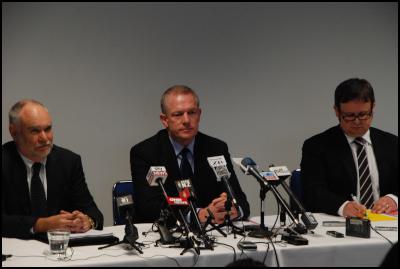
Today the Ministry of Social Development Chief Executive Brendan Boyle held a press conference on the investigation into the security breach identified in mid-October. He was accompanied by his chief legal advisor Mr Rupert Ablett-Hampson (right) and Deloitte Chairman Mr Murray Jack (left).
Mr Boyle took pains to emphasise that in this specific instance of the breach by Mr Bailey and Mr Ng there was relatively low risk because the information gathered was limited and had been handed back to the Ministry without being further disseminated. He added that Deloitte found that the information downloaded was "limited" and that "as PDF files" they were not able to be viewed on the kiosk and had to be downloaded but said that the fact of the breach indicated that there was significant failure on the part of the MSD.
Some7300 files were able to be downloaded; of this number, 1400 contained sensitive information, such as medical details and dates of birth. He said that there were 10 people whose information was judged to be "highly sensitive", eight children and two adults.
There were
four main technical breaches which led to the security
breach:
- The ability to map network drives was not restricted on the kiosks
- There was a lack of separation between the kiosks and the Ministry's core network;
- The kiosks operated as an authenticated user of the network active directory domain
- Some shares containing sensitive information within scanned copies of invoices were not appropriately restricted.
Mr Boyle said that the Deloitte investigation showed that MSD management "were never given the opportunity to assess the risk and take action to address it", and said that there were deficiencies in risk management policies. He added, "It seems people woefully underestimated the risk of a malicious attack." Mr Boyle said that he would be holding people accountable and was instituting four investigations. He then took questions from the press.
Keith Ng was also present and in addition to posing questions to Mr Boyle, and also took questions from the press after the press conference.
QuestionsMr Boyle was asked how far he would go in holding people accountable for the breach and whether it would extend to himself, and what sort of positions those being investigated were in. He said that he considered himself to be accountable for responding appropriately.
He was then asked what roles those being investigated were in. He responded that they were in a variety of roles. He was then pressed as to whether any of them were managers. He said that he was not prepared to give further information.
The press then asked what would happen when the kiosks had to go on line again. Mr Boyle said that for now the kiosks would remain offline but they would be looking into appropriate measures to undertake in order to bring them back online as safely as possible. He added that full network separation was an option they were considering.
Keith Ng asked whether any action would be taken regarding the information of the 1400 people which was considered sensitive. Mr Ablett-Hampson said that they would not be "proactively approaching each of those individuals".
Keith Ng then asked whether he could elaborate further on the distinction they draw between information that is "highly sensitive as opposed to not-highly-sensitive". Mr Ablett-Hampson responded that this was judge through a range of criteria based on how much information was contained in a particular item. He added that in the "highly sensitive" category included detailed information about personal circumstances contained within invoices.
Keith Ng then asked whether information as to whether someone owed money to the MSD or was being investigated for fraud would be considered "highly sensitive" under this definition. Mr Ablett-Hampson responded that it would be considered "personal information" but not "highly sensitive", adding that this would not get to the "top category".
Mr Ablett-Hampson was asked whether he had a duty to inform those 1400 people whose information had been compromised. He responded that they had a duty to "make an assessment of the extent of risk of harm" involved in informing people that their information had been compromised compared to what information had actually been accessed.
Mr Boyle was asked what he saw as the next phase and whether he had any doubts about having the budget to fill the gaps in security. He responded by saying that part of the problem was a lack of adequate assessment of the balance of costs to risks in the original assessment. He was then pressed further to say whether the original decision taken not to separate network access had been determined by resource allocation or cost. Mr Murray Jack commented that the expenses involved in network separation would not have been beyond the Ministry's capability and so this was not a factor in the decision-making process.
Mr Boyle was asked how he could be sure that no-one else might have accessed the information. He responded that there could be no guarantee, and that they would continue to investigate, but said had been no download pattern similar to that of Mr Ng and Mr Bailey and so they were confident that no-one else had accessed the information.
Mr Murray Jack was then asked about an occasion of information, similar to that accessed by Mr Ng and Mr Bailey, being accessed on the 5th October. He responded that neither Mr Ng nor Mr Bailey could be sure that this particular occasion was not also them (something Mr Ng confirmed).
After the questions to Mr Boyle ended Mr Ng commented to the press that he was concerned with how MSD chose to define "highly sensitive" information in respect to its system security and said that there was clearly a management issue involved.
Press Conference
Click a link to play audio (or right-click to
download) in either
MP3 format or in OGG format.
Comment
from Keith Ng
Click a link to play audio (or right-click to
download) in either
MP3 format or in OGG format.
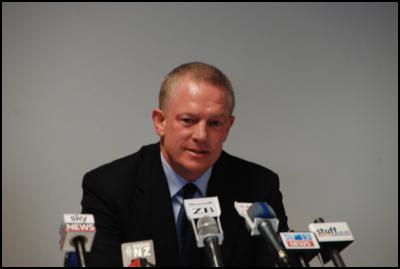
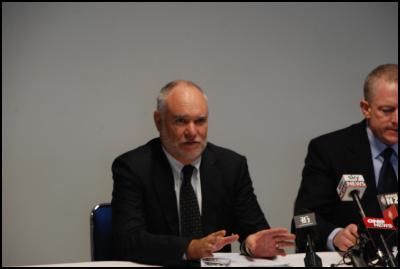
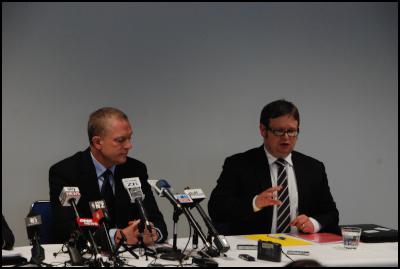
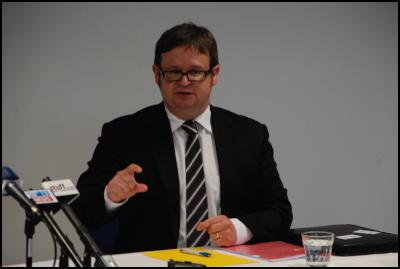
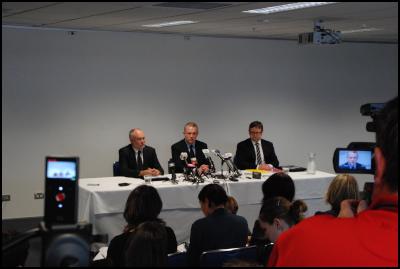
Click for big version.
ENDS



 Binoy Kampmark: Militarising Europe - The EU Defence Spending Bug
Binoy Kampmark: Militarising Europe - The EU Defence Spending Bug Ian Powell: Brown’s Surgery Puts Health System At Increased Risk
Ian Powell: Brown’s Surgery Puts Health System At Increased Risk Ramzy Baroud: The Monkey’s Tail - How Netanyahu’s Ambitions Expose Israel’s Vulnerabilities
Ramzy Baroud: The Monkey’s Tail - How Netanyahu’s Ambitions Expose Israel’s Vulnerabilities Keith Rankin: Invoking Munich, 'Appeasement', And The 'Lessons Of History'
Keith Rankin: Invoking Munich, 'Appeasement', And The 'Lessons Of History' Peter Dunne: Dunne's Weekly - School Lunches Fiasco Shows What Happens When Social Policy Loses Focus
Peter Dunne: Dunne's Weekly - School Lunches Fiasco Shows What Happens When Social Policy Loses Focus Gordon Campbell: On The Government’s Stubborn Refusal To Invest For Growth
Gordon Campbell: On The Government’s Stubborn Refusal To Invest For Growth